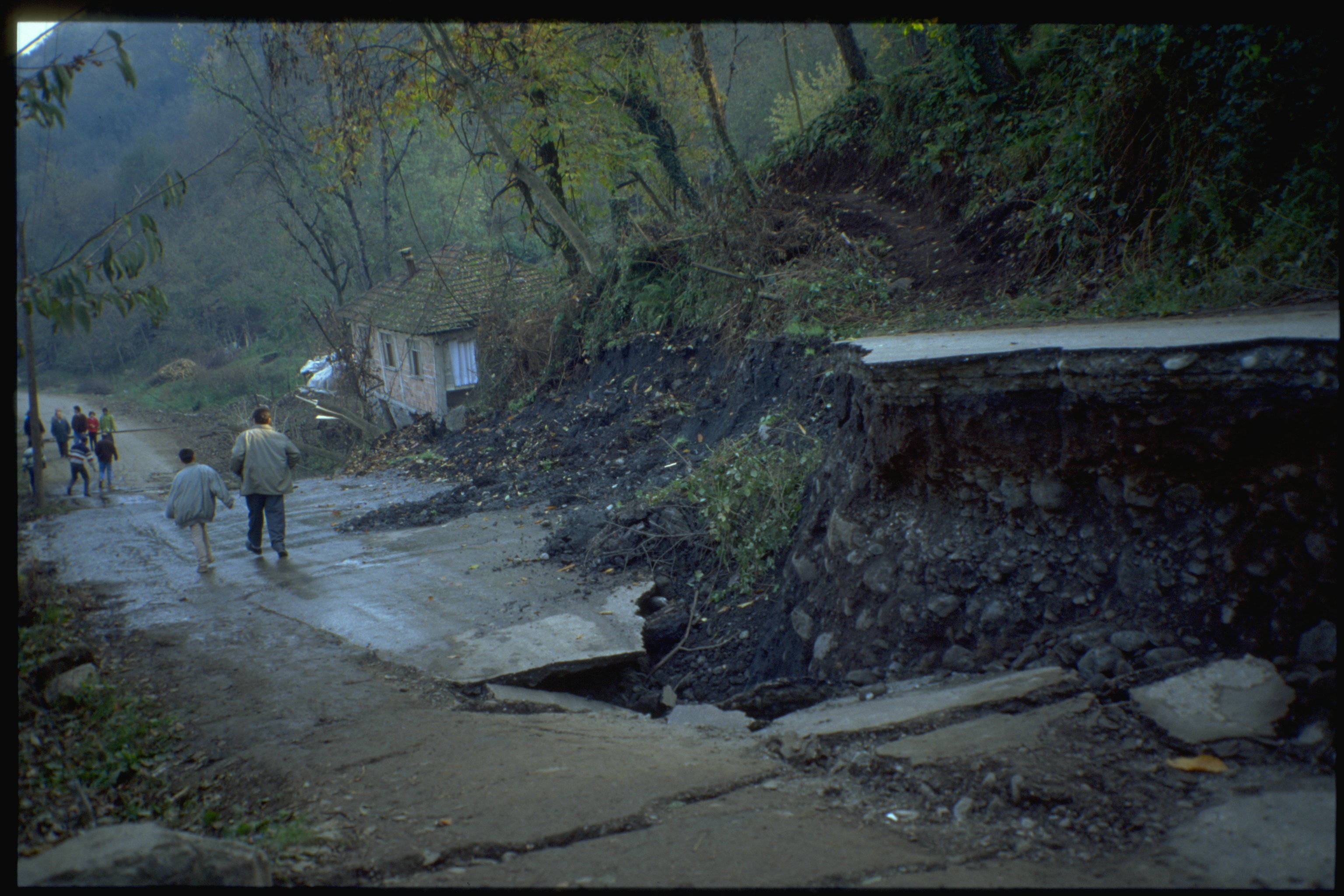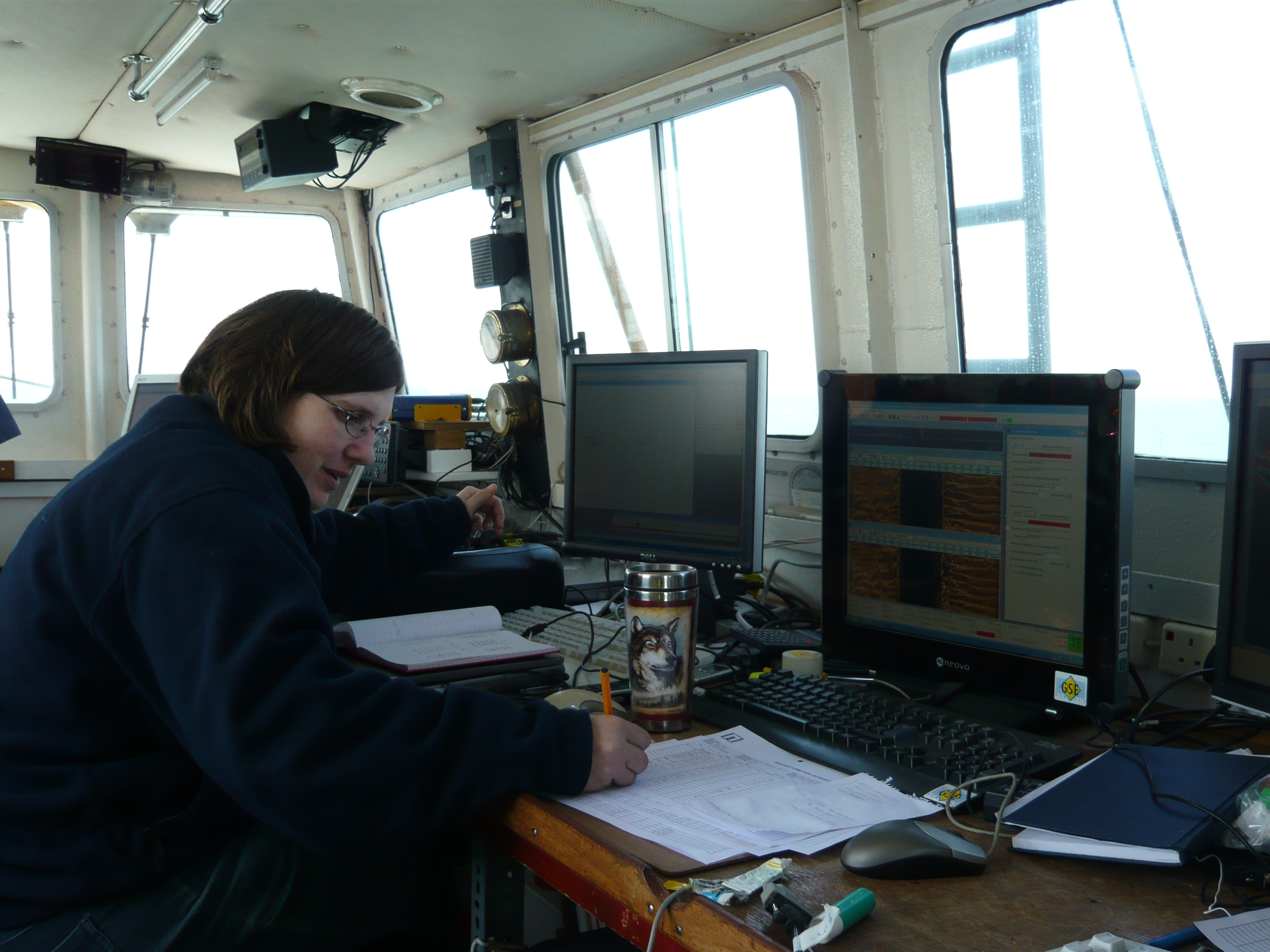All Categories
Featured
Table of Contents
Geophysicist Job Profile in Morley Western Australia 2020
This work is significantly contracted out, so consultancies offer another source of employment. Consultancy companies vary in size, from really small companies to big multinationals. Some consultancies are rather specialised in utilizing specific geophysical techniques or operating in particular areas, while others offer a more varied variety of services to their customers.
The extraction of gas from garbage dump sites is another location of work and this might grow in the future. Exploration business may undertake work for construction firms, public utility, mining companies and ecological firms, so geophysicists may be employed in any of these settings. Other companies include: geological surveysgovernment bodies and agenciesuniversities and research institutes.


Vacancies may be noted in the oil and gas sector press. Recruitment is impacted by oil rate fluctuations and the level of competition for positions differs depending upon this. Careers Days, which cover the complete variety of geoscience professions and are usually participated in by a variety of key industry employers, are run by The Geological Society.
What Does A Geophysicist Do? in Ellenbrook WA 2022
Some of the large oil and gas companies use a complete two-year structured training programme across the breadth of geophysics, consisting of the opportunity to experience work in different groups before specialising in one area. Your training might include deal with: existing wellsmagnetic and gravitational possible field data analysisresearchrock analysis. It's more normal for your preliminary training to be provided on the task.

There might be a probationary duration during which you work along with a knowledgeable colleague. Competency-based appraisals happen routinely in the majority of companies. In smaller sized companies, and for academic posts, there is not likely to be any formal training - you'll be expected to begin work straightaway and pick up skills as you go along.
If you work for a smaller company, you may discover that you require to take duty for arranging and moneying your own advancement and training. If you have a geology degree, membership of The Geological Society can be helpful for networking and for maintaining to date with the industry.
Geological And Geophysical (G&g) Surveys in Bickley Oz 2020
You might also find it useful to sign up with the PESGB (The Petroleum Exploration Society of Great Britain, which has a geophysics unique interest group. After a probationary duration, and when you have actually acquired some experience, you might advance to senior geophysicist, then group leader and after that into a senior role in management.
The ease of motion between roles depends on the business structure. Research study at Masters or Ph, D level in a subject associated to geophysics or geosciences might aid with your profession development and development. The employment market within the oil and gas industry is really depending on cost and this might impact your chances for career development.
Not all jobs are reliant on the oil and gas industries. For skilled geophysicists, freelance consultancy provides a great path for career advancement. You can also specialise in a specific area of geophysics. As a geophysicist, you're most likely to have several jobs throughout your working life. Global mobility is essential for handling peaks and troughs in different countries at various times.
Geophysical Investigations in Koondoola Oz 2022
From geophysics, it's possible to concentrate on seismology (completing more training to become a seismic interpreter) or to move into related areas such as engineering geology or threat forecast.
Choosing what to study in college is a difficult option. Even if you know that your field of interest lies in science, what program of study is best for you? If you make the choice to significant in physical and life sciences and pursue a profession as a geophysicist, you're preparing for an interesting and successful occupation.
The very first action to accomplishing your goal of ending up being a geophysicist is earning a degree. Even for entry-level positions in the field of geoscience, you'll need a bachelor's degree (a geophysicist college degree) from an accredited college or university. Some research study positions need prospects to hold master's degrees or even Ph.
Bsc Geophysics in Brentwood Aus 2023
Postgraduate degree are particularly important if you prepare to teach at a four-year institution. Geophysicists apply physics principles and strategies to study the gravitational, magnetic, and electric fields of the earth. This furthers scientists' understanding of both the planet's interior core and its surface. Geophysicists need to be able to: examine rocks, photos, and other pieces of information conduct research both in the field and in labs produce maps and charts of their findings write reports To accomplish all this, students need a specialized education for geophysicist careers.
As stated above, you'll need a bachelor's degree in geoscience or an associated discipline, such as a physical science or a life sciences, to land an entry-level job. Students can likewise prepare by majoring in subjects like: Biology Chemistry Computer system science Engineering Mathematics Physics The above geophysicist majors offer a more generalized technique to a single scientific discipline, however a lot of programs need trainees to take one or more geology course.
Latest Posts
Bachelor's Degree In Geophysics - Degrees & Programs in Woodbridge Oz 2023
Geophysical Methods in Leederville Aus 2022
Job Profiles : Geophysicist Physics in Northbridge WA 2020